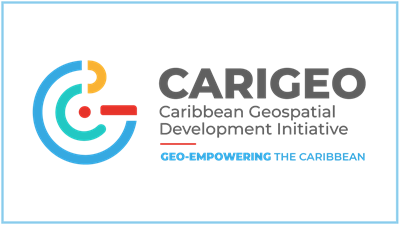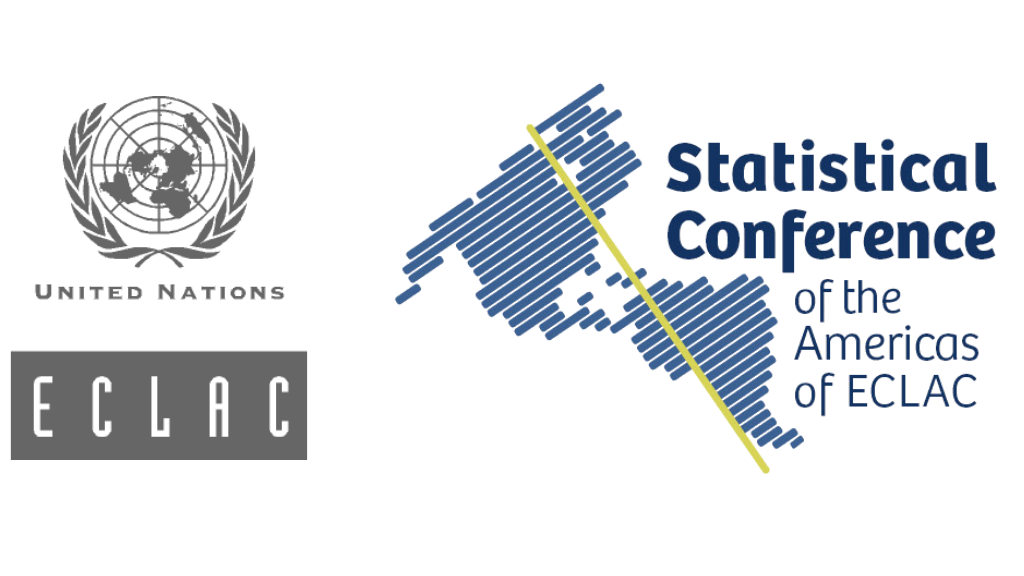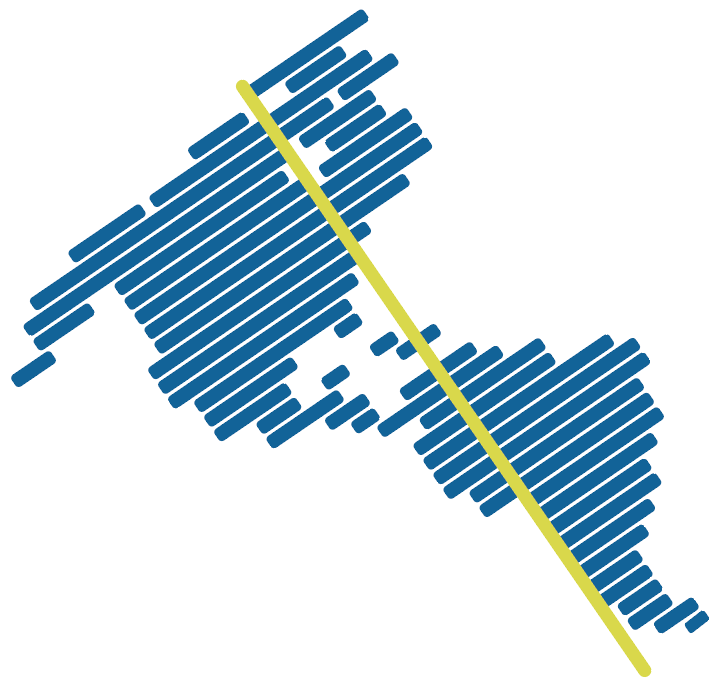Caribbean Geospatial Development Initiative - CARIGEO
Work area(s)
Teaser
This is a side-event of Twentieth meeting of the Executive Committee of the Statistical Conference of the Americas of ECLAC, organized by UN-GGIM: Américas.
Event information

Date
8 Apr 2021, 09:30 - 10:45Event type
Participation
CARIGEO, is a collaborative initiative that seeks to empower the countries and territories of the Caribbean to advance the greater use and sharing of geospatial and statistical information to support improved decision making for sustainable national and regional development.
The CARIGEO initiative is being built on the gains of the “Project for the Strengthening of Spatial Data Infrastructures in Member States and Territories of the Association of Caribbean States” (Caribbean Project) sponsored by the Government of Mexico with support from the Association of Caribbean States and the University of the West Indies, Campus St. Augustine, between 2014 and 2018. Importantly the CARIGEO initiative was designed to be aligned with the regional spatial data infrastructure objectives and global frameworks, such as the Integrated Geospatial Information Framework (IGIF), the Global Statistical Geospatial Framework (GSGF), UNGEGN Resolution I/4 on National Standardization of Geographical Names, and the Strategic Framework on Geospatial Information and Services for Disasters (E/RES/2018/14), which should ensure that projects to be implemented will be fit-for-purpose within the context of the Caribbean’s specific conditions.
Programme of work
Opening Remarks
» Moderadora / Moderator: Cecille Blake, División de Estadísticas ONU, Secretaría UN-GGIM
▪ Paloma Merodio, Presidenta/President, UN-GGIM: Américas
(Vídeo completo de la reunión / Full video of the meeting)
[[{"fid":"95920","view_mode":"default","fields":{"format":"default","alignment":"center"},"type":"media","field_deltas":{"1":{"format":"default","alignment":"center"}},"attributes":{"class":"media-element file-default media-wysiwyg-align-center","data-delta":"1"}}]]
The integration of geospatial and statistical information – the value proposition
Presentation(s)
▪ Stefan Schweinfest, Director, División de Estadísticas de Naciones Unidas / UN Statistics Division
The CARIGEO Initiative
Presentation(s)
Caribbean relevant climate change and disasters indicators for evidence-based sustainable development policies
Presentation(s)
Caribbean relevant climate change and disasters indicators for evidence-based sustainable development policies
Objetivos de Desarrollo Sostenible 2030 relacionados con los desastre. Experiencia de Anguilla: Generación y Gestión. Promoción de estadísticas oficiales de calidad mediante la coordinación
Disaster Related Sustainable Development Goals 2030. Anguilla Experience: Generation and Management. Promoting Quality Official Statistics Through Coordination
Tracking Sargassum in the Tropical Atlantic, Caribbean and Gulf of Mexico. NOAA Data Collection Tools
Presentation(s)
Geospatial/geostatistical information to support sustainable development strategies or priority issues
Presentation(s)
Información geoespacial y geoestadística para apoyar estrategias de desarrollo sostenible
Geospatial and geostatistical information to support sustainable development strategies
Discussion
Closing Remarks
Presentation(s)
▪ Rolando Ocampo, División de Estadísticas de la CEPAL / Statistics Division of ECLAC
Related content

Twentieth meeting of the Executive Committee of the Statistical Conference of the Americas of ECLAC
This twentieth meeting of the SCA Executive Committee, as well as the side-events were held virtually.
Attachment(s)
Organizing institution
United Nations Regional Committee on Global Geospatial Information Management for the Americas
- http://www.un-ggim-americas.org/
- telephone
